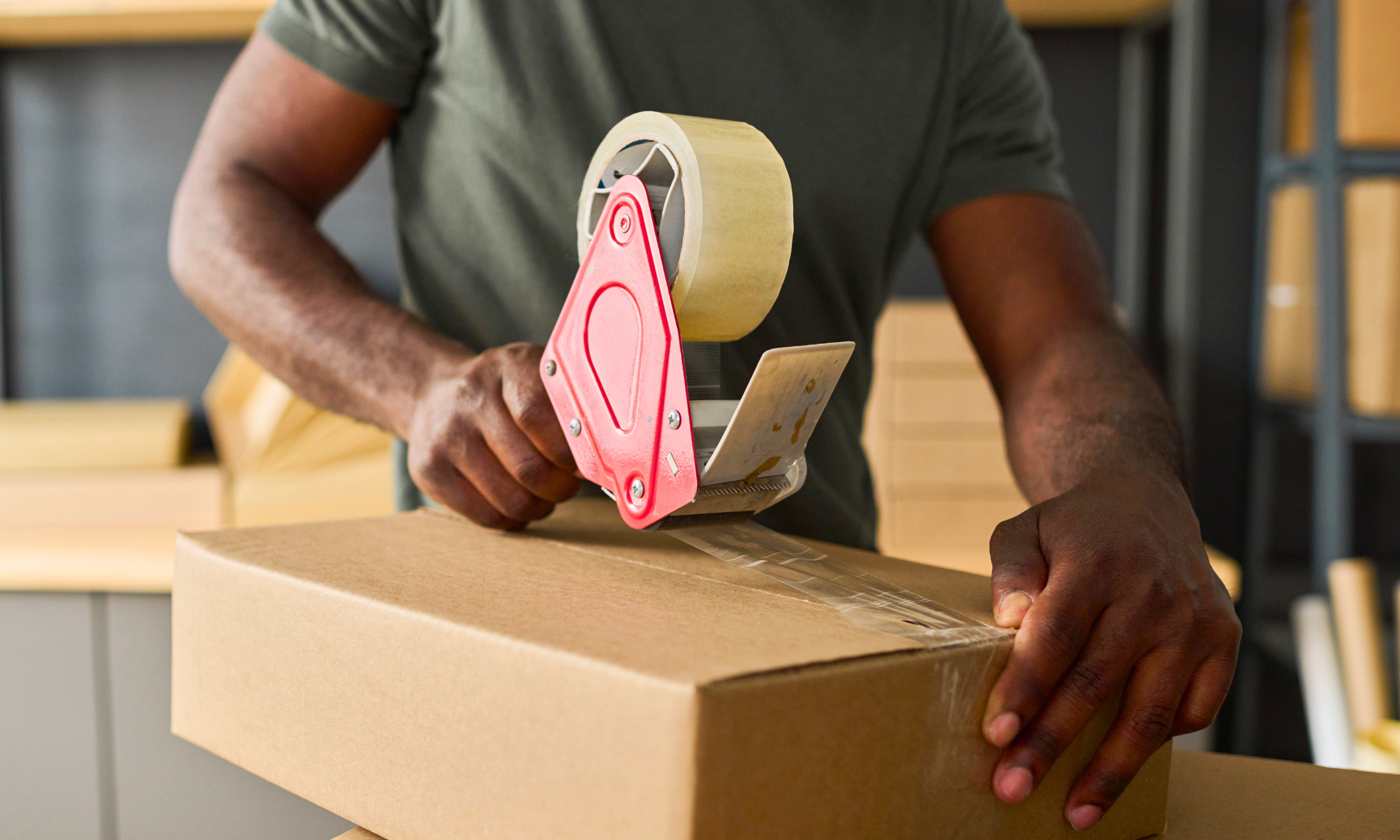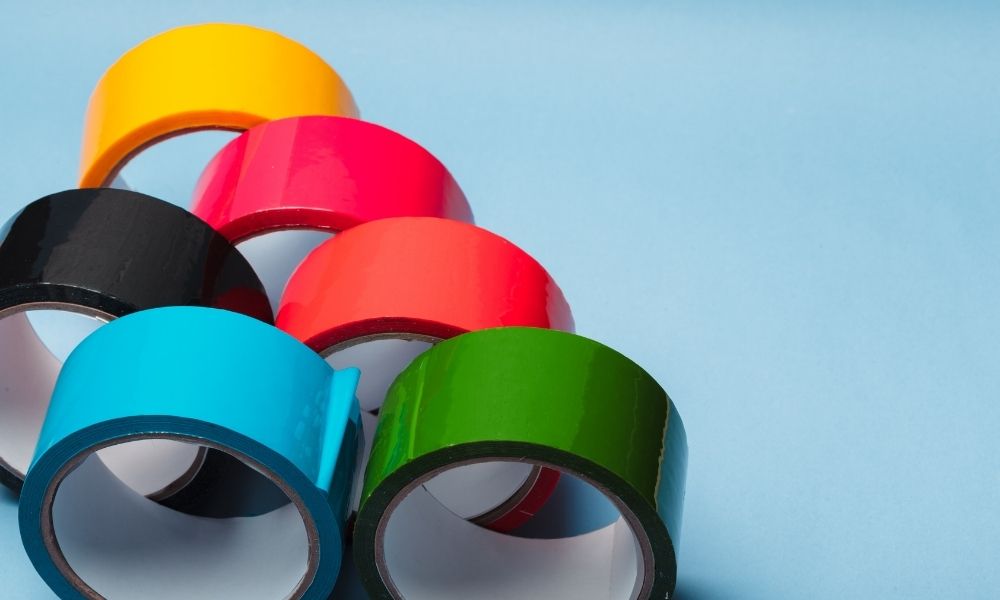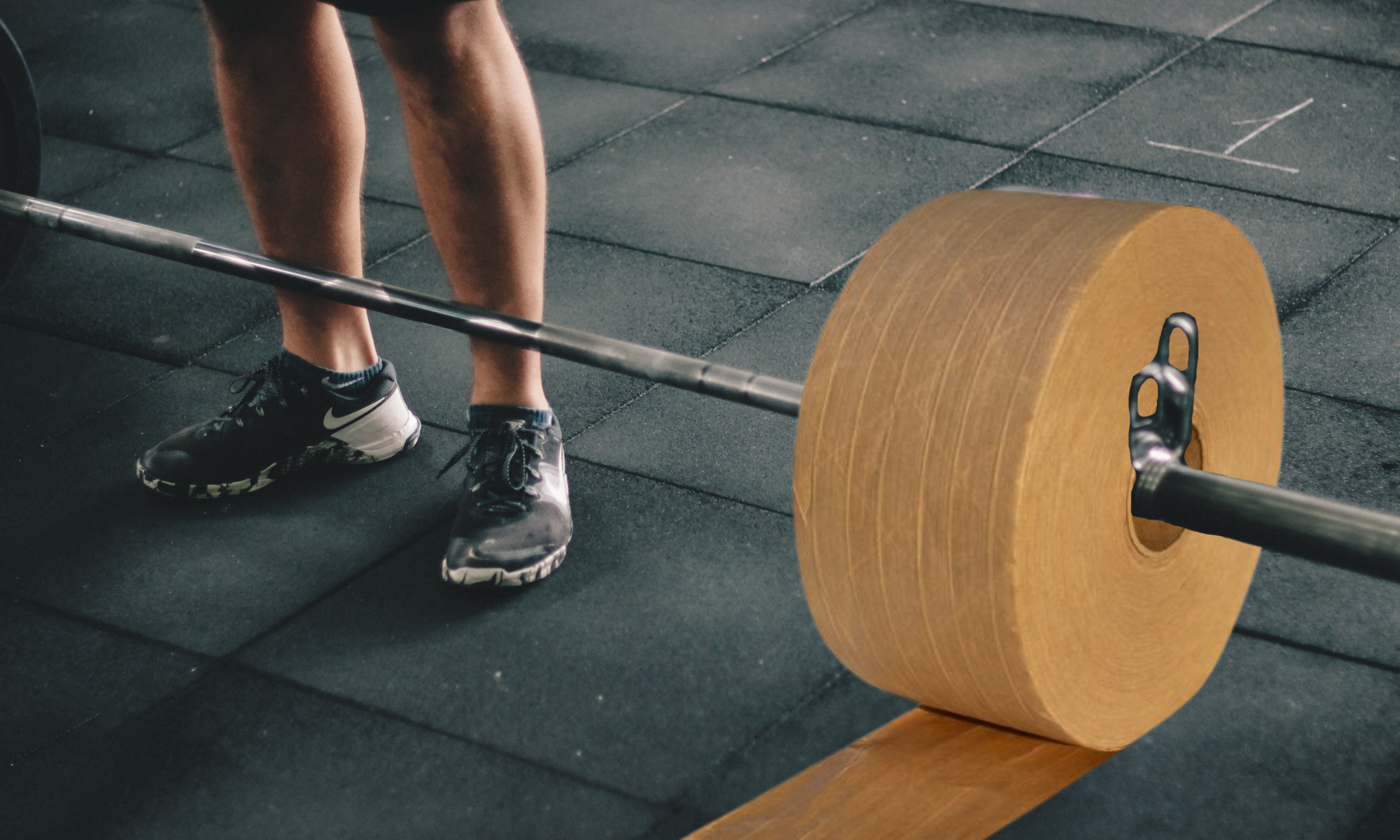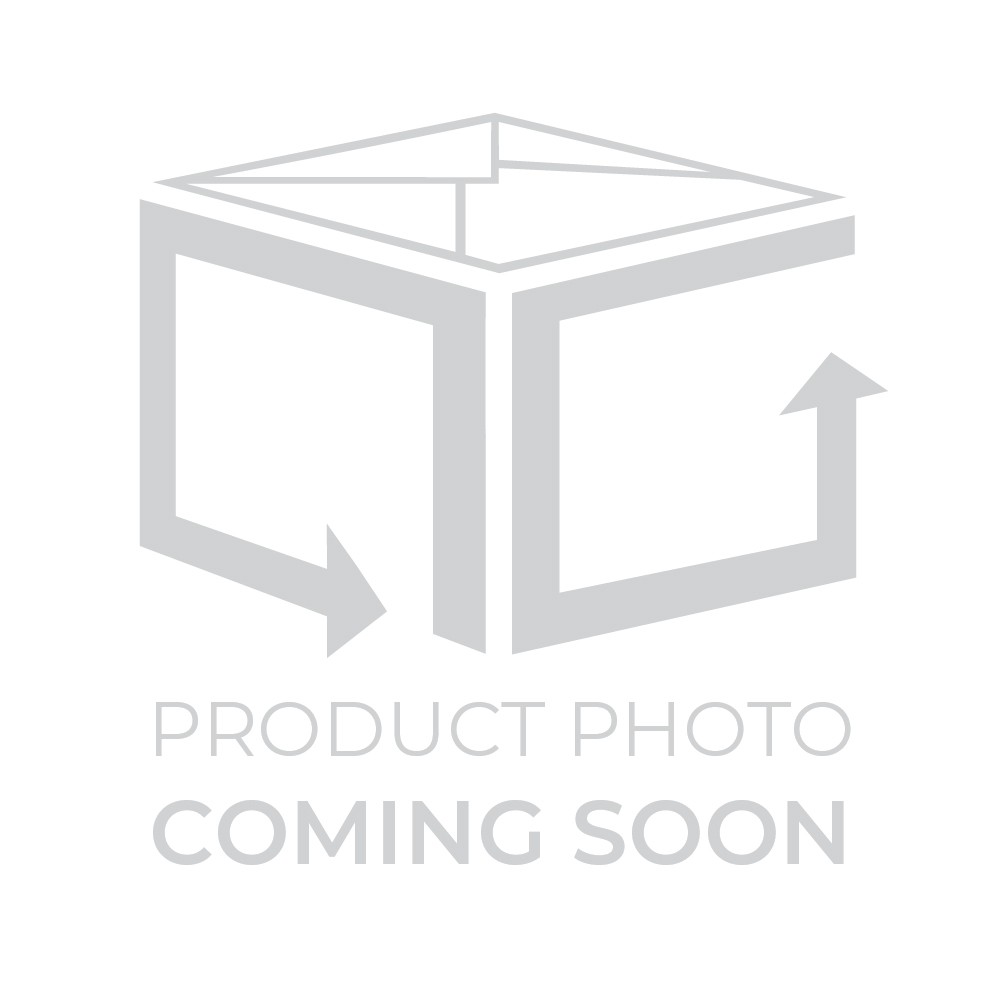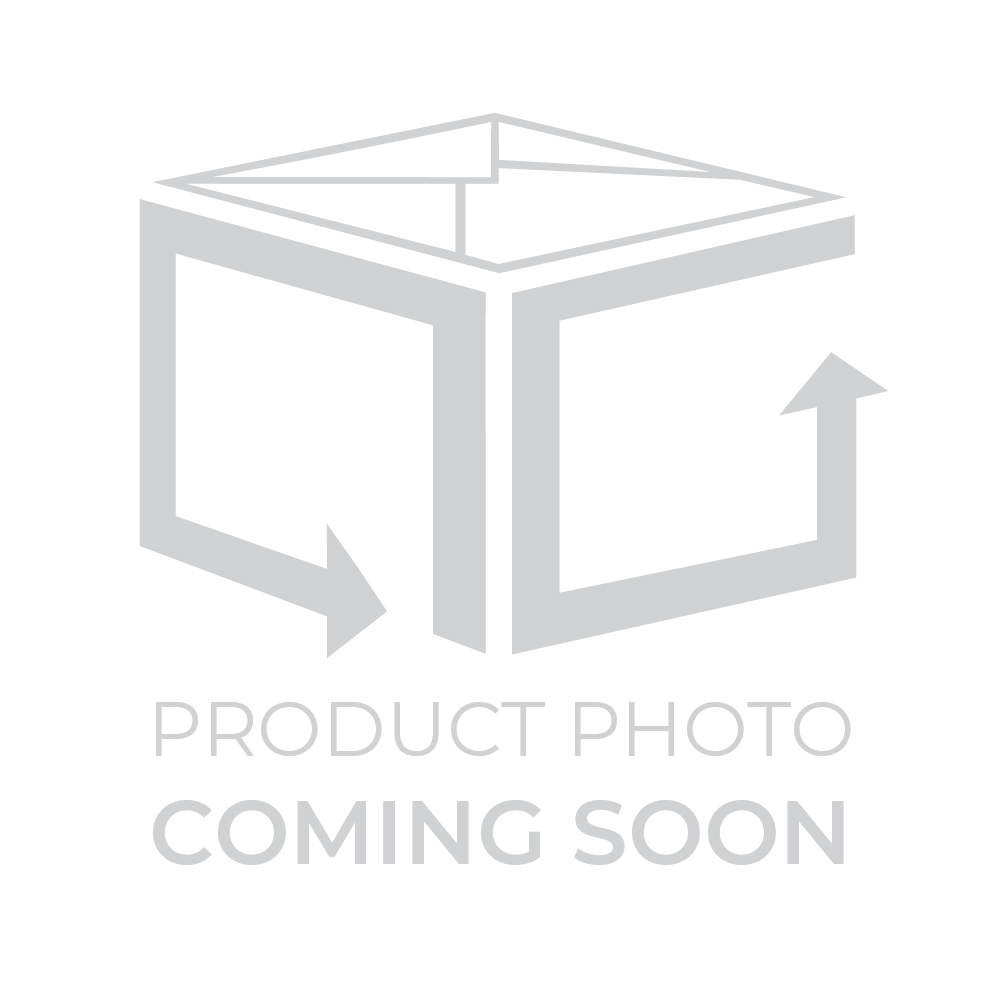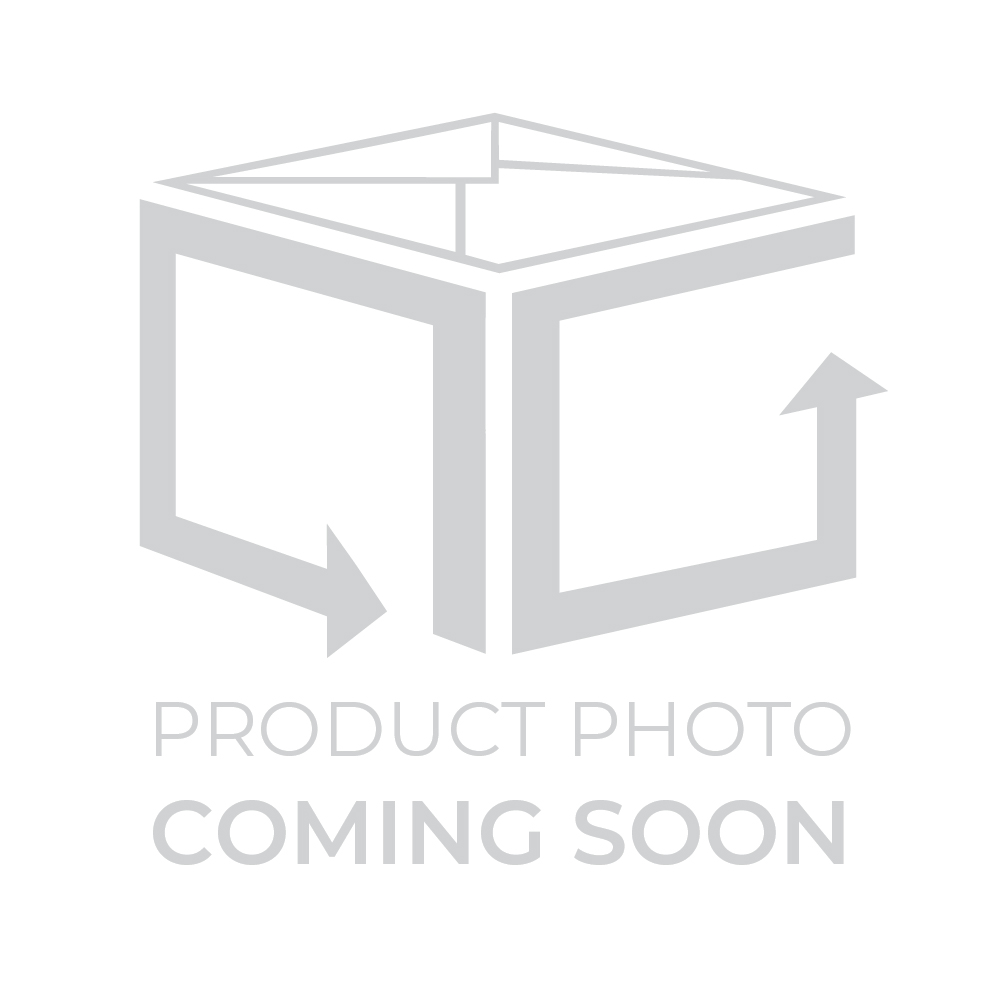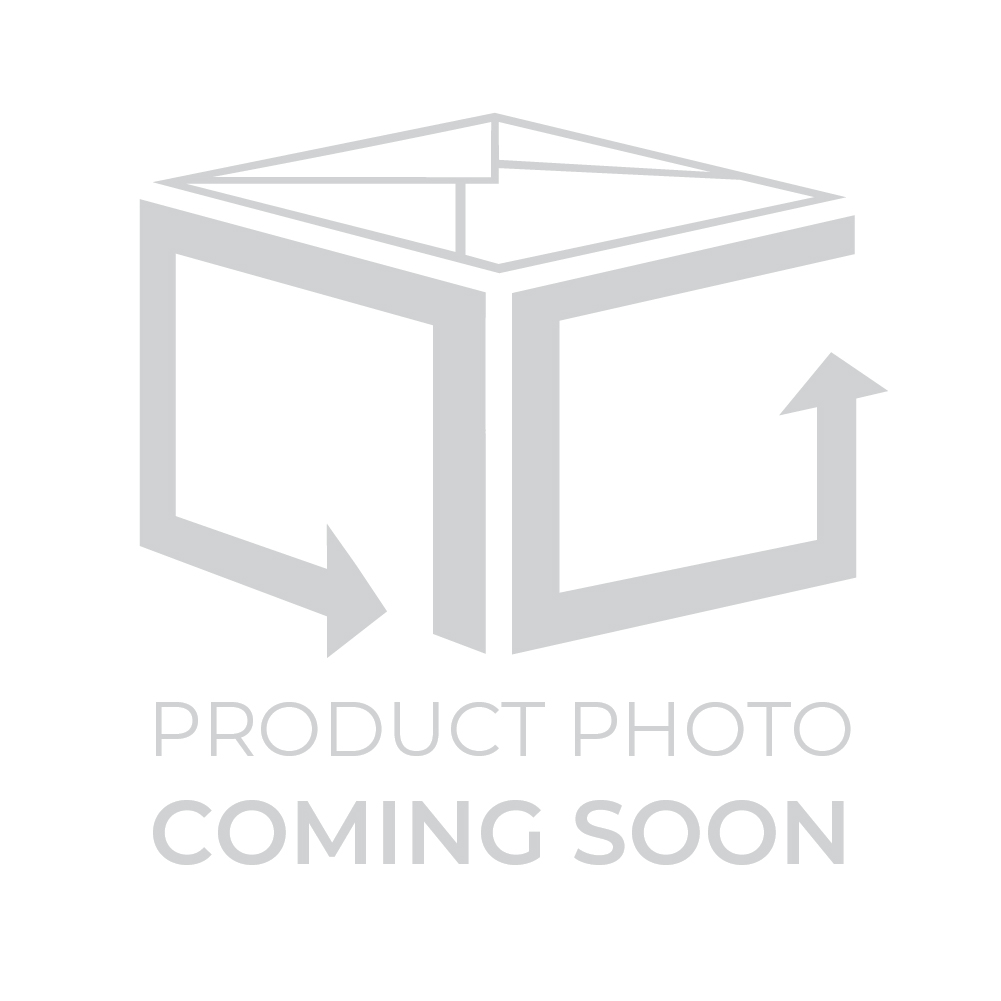When you hear the word “packaging”, what image comes to mind? More likely than not, it’s a corrugated cardboard box. A corrugated shipping carton is as standard as packaging supplies get, available in a wide variety of sizes and styles to serve a wide range of needs. Of course, in order to properly protect the items you’ve placed inside of them, these cartons need to be properly sealed with durable packing tape.
So you just need to put some tape on the box and you’re all set, right? Yes and no. Tape is an absolute necessity in shipping, but you also need to make sure that you’re applying it right. In this article, we will go over the types of tapes to use and, of course, how to tape a box in the first place so you can prevent product damage, delayed operations, and unhappy customers.
What Tape is Best for Sealing Cartons?
Not all tapes are up to the task. For instance, save your masking tape for the next painting job since it doesn’t have enough adhesive strength to keep your cartons sealed. And not even the world-famous duct tape can withstand all the handling, jostling, and exposure to the elements that come with shipping and storage.
What if we told you that there is tape out there specifically made to seal cartons? Well, it’s real and it’s called carton sealing tape (go figure). These pressure-sensitive tapes are typically made from a plastic backing that is coated on one side with either an acrylic or rubber-based adhesive. Carton sealing tapes are tested and approved to withstand all the rigors of shipping.
But can you do better? You can! Introducing kraft paper tape, a super strong water-activated tape that keeps your goods inside and intruders out. These gummed tapes require a specialized dispenser that brushes the adhesive coating with a thin layer of water to activate it. The water-activated adhesive is so powerful that it penetrates the fibers of the carton; this means that the tapes cannot be removed without damaging the tape and/or the package underneath, making it an effective means of preventing tampering and pilferage.
For more reading on the differences between pressure-sensitive and water-activated tapes, take a look at our article comparing these types of tape side-by-side.
I Have My Tape, Now How Do I Use It?
When it comes to sealing cartons, the trick is to use the minimum tape necessary to properly seal them. This increases the efficiency of your shipping operations and keeps your material costs low. We have a short video on how to seal cartons that you can follow along to:
If you’re using carton sealing tape with a tape dispenser, you want to make sure that the end of the tape extends 2 to 3 inches past the roll so that the tape can effectively stick to the box. First, seal the two flaps together. Stick your tape 2 to 3 inches near the top of the box and extend it across the box, keeping it centered and finishing with 2 to 3 inches on the other side. Next, form an H-shape with your tape by sealing the perpendicular sides of the flaps so that all openings on the carton are sealed up. For extra support, tape across the middle perpendicularly.
All Sealed Up
Sealing cartons may seem like a straightforward affair, but even in this, there is technique. When you seal your boxes and cartons, think like an engineer: use the right tape for the job and use the least amount necessary to form proper seals. This way, you not only prevent damage and dissatisfaction, but you can also save hundreds to thousands of dollars in the long run with efficient carton-sealing.
While you’re still here, be sure to check out our wide selection of tape products, including carton sealing tapes and kraft tapes. All of our tapes come with free shipping, so you can start practicing your proper carton-sealing technique right away. When the right tape is applied to cartons correctly, the elements don’t stand a chance against your packaging.
If you’re interested in learning more about carton sealing, Packaging Digest has a great article about sealing adhesives and how they’re used.
